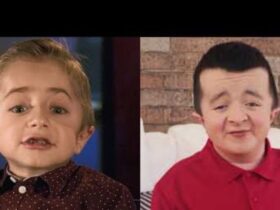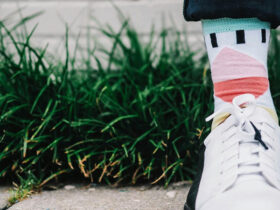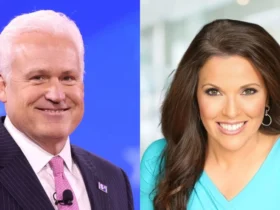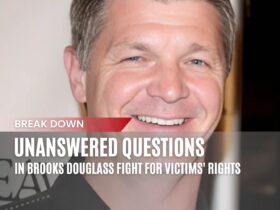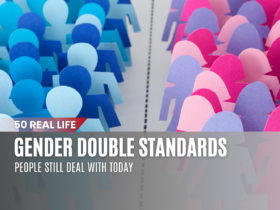Origin of “Karen” Meme and Stereotype
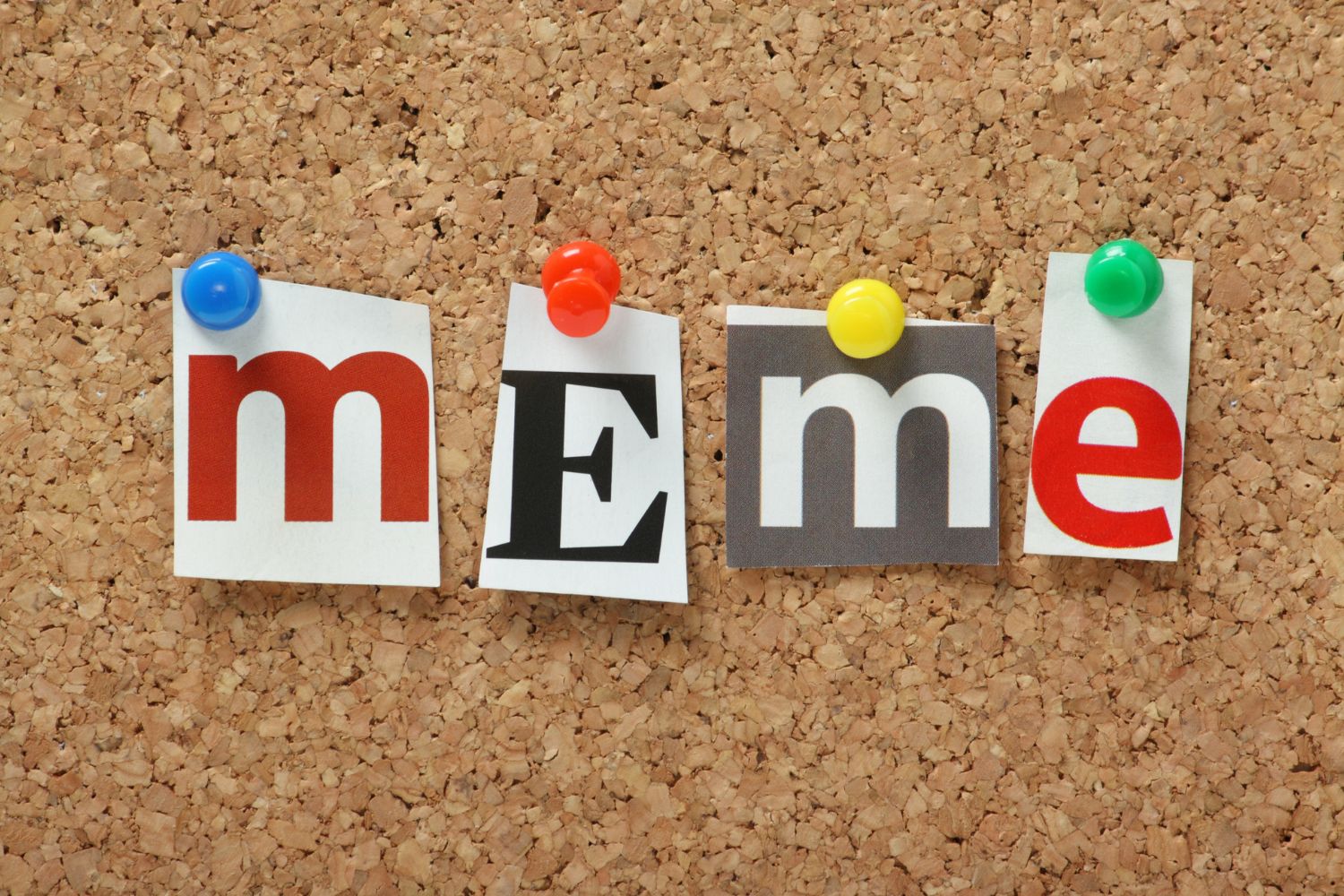
The origin of the “Karen” meme and stereotype is somewhat complex, as it evolved over time through internet culture and various media portrayals. Here’s a breakdown of its development:
1. Early Uses and Pop Culture
- The name “Karen” has long been a common one in the U.S., but its association with a particular stereotype began to take shape in the mid-2000s. Some believe its roots may trace back to Dane Cook’s 2005 comedy sketch where he mentions a character named Karen, referring to her as “the friend nobody likes.”
- Additionally, in the 2004 movie Mean Girls, the character Karen Smith (played by Amanda Seyfried) was portrayed as a stereotypical “dumb blonde.” While this character wasn’t directly linked to the modern “Karen” stereotype, it helped further popularize the name in a pop culture context.
2. Emergence as a Stereotype
- The more modern use of the “Karen” label became tied to a certain type of behavior, particularly entitlement, demanding attitudes, and confrontational behavior, especially toward service workers. The phrase “I want to speak to the manager” became synonymous with the “Karen” persona.
- The haircut associated with the “Karen” stereotype—an asymmetrical bob with shorter layers in the back and longer layers in the front—helped solidify the visual meme. While it is unclear exactly when the haircut became linked to the “Karen” image, it likely gained traction as internet users began attaching behaviors to particular visuals.
3. “Karen” in Internet Culture
- In the 2010s, the “Karen” meme truly started to gain momentum, particularly on platforms like Reddit, where users began creating and sharing stories and memes about so-called “Karens.” A popular subreddit, r/FuckYouKaren, was created in 2017 to showcase and mock real-life encounters with individuals exhibiting “Karen”-like behaviors.
- The meme evolved to represent middle-aged white women who appeared entitled, out of touch, or prone to complaining excessively, particularly in public settings like restaurants or stores.
4. 2020s and Racial Undertones
- During the COVID-19 pandemic, the “Karen” meme exploded in popularity, as many viral videos surfaced showing individuals confronting store employees or other customers over mask mandates and social distancing rules.
- The name “Karen” also became associated with incidents of racial profiling, where women, mostly white, were filmed calling the police on people of color in non-threatening situations. One of the most high-profile examples was the case of Amy Cooper, a white woman who called the police on a Black man, Christian Cooper, in New York’s Central Park in 2020. This incident, often dubbed “Central Park Karen”, highlighted how the meme had taken on racial and cultural overtones.
- In these cases, “Karen” became shorthand for individuals who displayed a sense of racial privilege or who sought to use their perceived authority to oppress others.
5. The Evolution and Criticism of the “Karen” Meme
- As the meme continued to grow, its usage became more widespread, and not always in a positive way. The term “Karen” began to face backlash from those who argued that it unfairly stereotyped women, especially middle-aged white women, and was often used to shame people based on superficial judgments.
- The “Karen” meme has also sparked debates about how society portrays women, with some critics suggesting that it is a sexist trope that reduces women’s behaviors to a simple stereotype.
6. The “Karen” Meme Today
- Today, the “Karen” meme remains a powerful part of internet culture. It continues to evolve, often reflecting current social issues, from customer service interactions to racial tensions and pandemic-related confrontations. However, the term now carries more complex cultural baggage than its earlier iterations, with ongoing discussions about its broader societal implications.
In summary, the “Karen” meme originated from various pop culture and internet references, starting as a lighthearted jab at entitled behavior but evolving into a stereotype with significant cultural and sometimes racial undertones. Its association with entitlement and privilege, particularly in viral confrontations, solidified it as a key part of online discourse in the 2020s.




